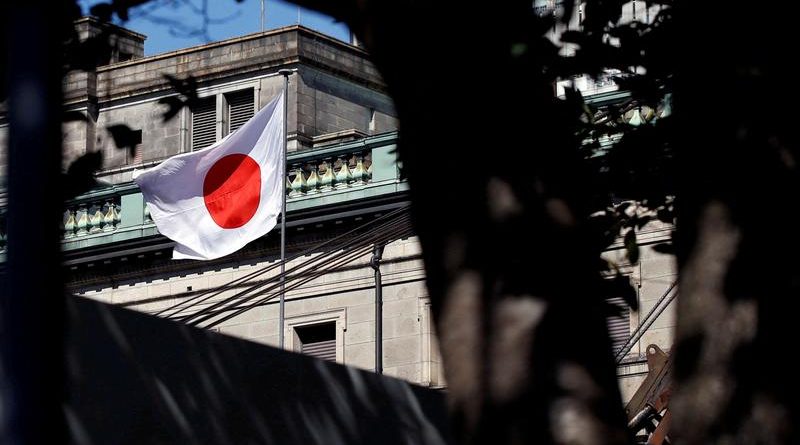BOJ's Tamura warns of inflation overshoot, wage key to exit timing
TOKYO/MAEBASHI, Japan (Reuters) -Bank of Japan (BOJ) board member Naoki Tamura on Wednesday warned of the risk of an overshoot in inflation and said the timing of an end to ultra-loose monetary policy will depend on economic, price and wage developments ahead.
He also said the central bank will weigh the pros and cons of its current policy framework, in deciding whether to take additional steps at its next meeting in March in response to the market’s breach of its 10-year bond yield cap.
“It’s true that at present, the deterioration seen in bond market function has not been fixed,” Tamura, a former commercial banker, told a news conference in the Japanese city of Maebashi.
“We’ll take into account economic, price and wage developments at the time” in determining the timing for normalising monetary policy, he added.
The remarks came amid heightening market expectations that recent rises in inflation will prod the BOJ to end its yield curve control (YCC) policy and begin hiking interest rates when dovish incumbent Governor Haruhiko Kuroda’s term ends in April.
Kazuo Ueda, an academic nominated by the government as Kuroda’s successor, will speak in parliament on Friday and next Monday, giving markets their first glimpse of his views on how soon the BOJ could phase out YCC.
In a speech delivered earlier in the day, Tamura repeated his view that the BOJ must at some point conduct a comprehensive assessment of its monetary policy framework by weighing the benefits of costs of current ultra-loose policy.
While stressing the need to maintain accommodative policy for now, Tamura said inflation could overshoot initial forecasts with services prices perking up and a growing number of companies passing on rising raw material costs to households.
He also said prolonged ultra-low interest rates may be hampering innovation and preventing Japan’s productivity from heightening.
Under YCC, the BOJ guides short-term interest rates at -0.1% and the 10-year bond yield around zero as part of efforts to sustainably achieve its 2% inflation target.
Facing pressure from rising global interest rates, the BOJ was forced to raise in December the implicit cap for its 10-year yield target to 0.5% from 0.25% – a move that fuelled market expectations of a near-term tweak to YCC.
With the 10-year bond yield breaching the 0.5% cap, the central bank said on Wednesday it would conduct emergency bond purchases to fend off a renewed market attack on YCC.
“At this stage, it’s important to follow carefully and humbly how markets would stabilise and to what extent market functions will improve,” Tamura said in the speech.
Source: Read Full Article

